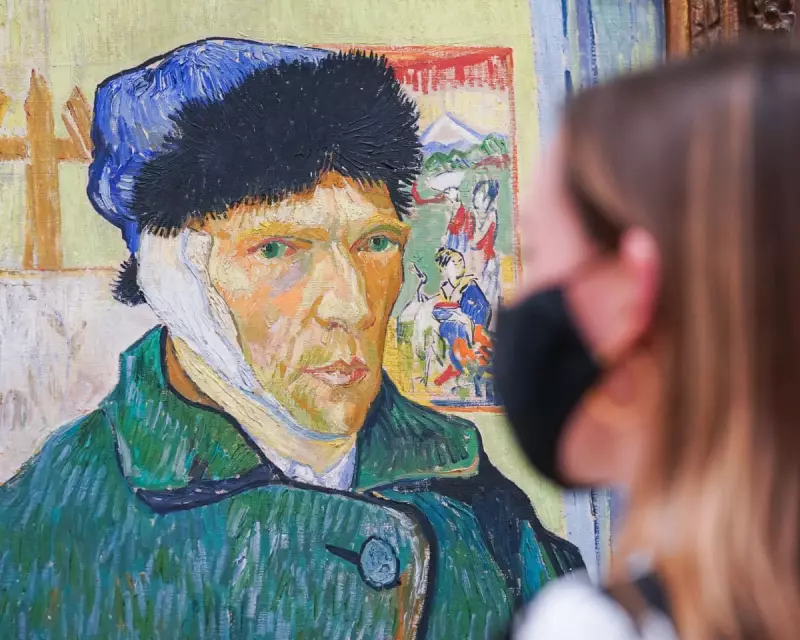
In a revolutionary approach to healthcare, the National Health Service is embracing an unexpected treatment modality: art and culture. Across Britain, doctors are increasingly prescribing museum visits, gallery tours and creative activities as legitimate medical interventions, with compelling evidence showing significant benefits for patients.
The Science Behind Cultural Healing
Research increasingly demonstrates that engagement with arts and culture produces measurable physiological and psychological benefits. Studies show that regular cultural participation can:
- Reduce stress hormones and lower blood pressure
- Decrease symptoms of anxiety and depression
- Improve cognitive function and memory retention
- Enhance social connection and reduce loneliness
- Boost immune system function
These findings are transforming how healthcare professionals view treatment options, moving beyond traditional pharmaceutical approaches.
Social Prescribing: A Growing Movement
The concept of social prescribing has gained significant traction within the NHS. Rather than reaching for the prescription pad, GPs are increasingly referring patients to cultural activities and community programmes.
This approach represents a fundamental shift in medical thinking, acknowledging that healing often requires addressing the whole person rather than just treating specific symptoms.
Real-World Success Stories
Programmes like Museum of London's Reminiscence Therapy sessions for dementia patients and the Art Fund's museum prescription schemes have shown remarkable results. Patients report improved mood, reduced pain perception, and enhanced quality of life.
One participant noted: "After my husband passed away, the museum visits gave me a reason to get out of bed. It wasn't just about looking at art – it was about reconnecting with life."
Economic Sense and Healthcare Innovation
Beyond the human benefits, cultural prescriptions make economic sense. With the NHS facing unprecedented pressures, cost-effective interventions that reduce reliance on medication and hospital visits offer substantial savings.
- Reduced medication costs for conditions like depression and chronic pain
- Decreased hospital admissions through better preventative care
- Lower social care costs as patients maintain independence longer
- Improved workforce participation as people recover more effectively
This innovative approach represents the future of integrated healthcare, where cultural institutions become partners in public health.
The Future of Holistic Healthcare
As evidence mounts, the integration of arts into healthcare settings is likely to expand. Hospitals are incorporating art installations, music therapy programmes are becoming standard in mental health facilities, and cultural organisations are developing specialised health programmes.
The message is clear: art doesn't just nourish the soul – it has the power to heal the body too. In an era of strained healthcare resources, this ancient wisdom is finding new scientific validation and practical application.





